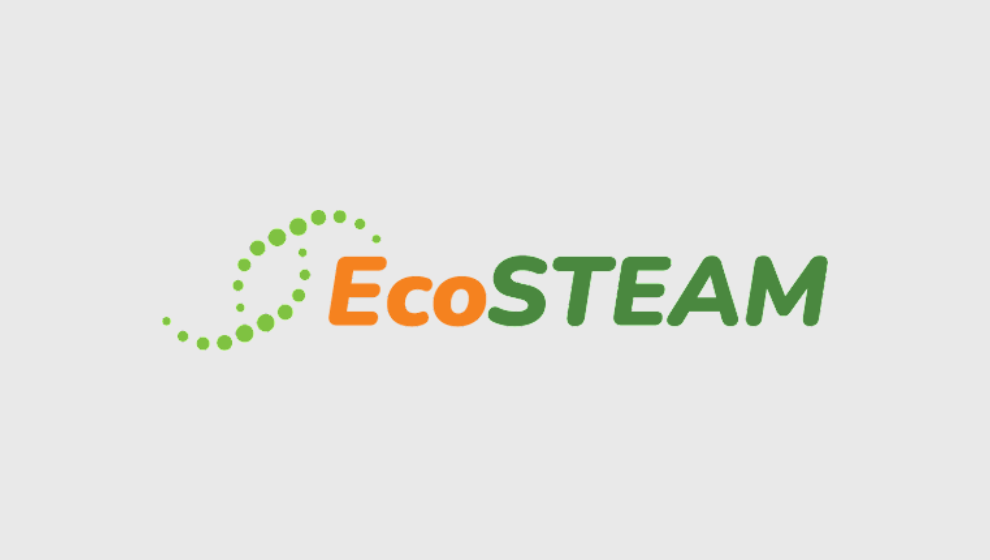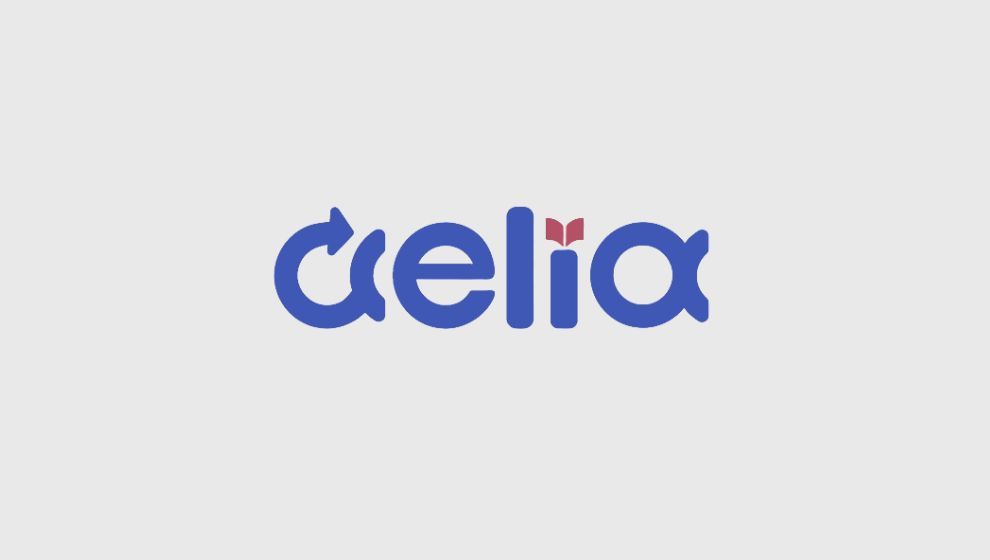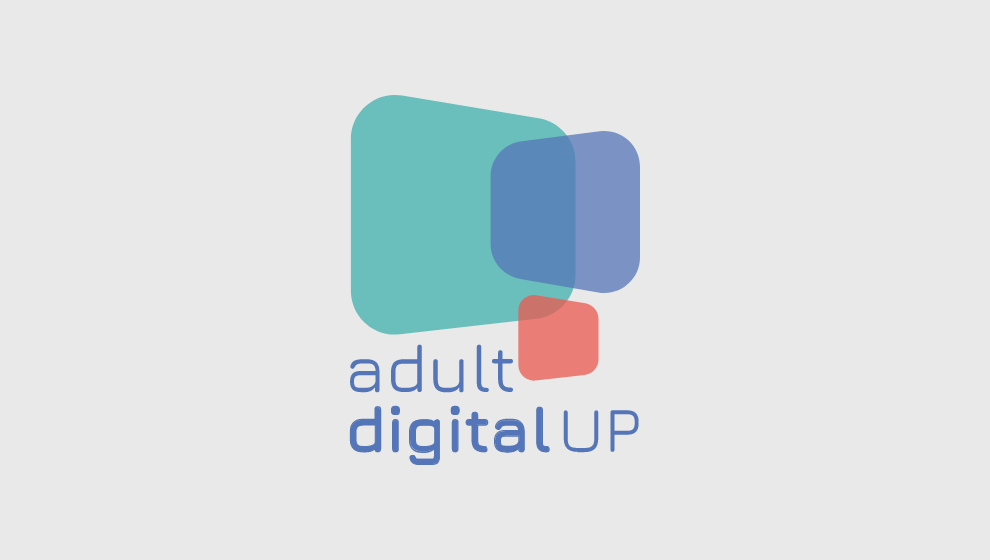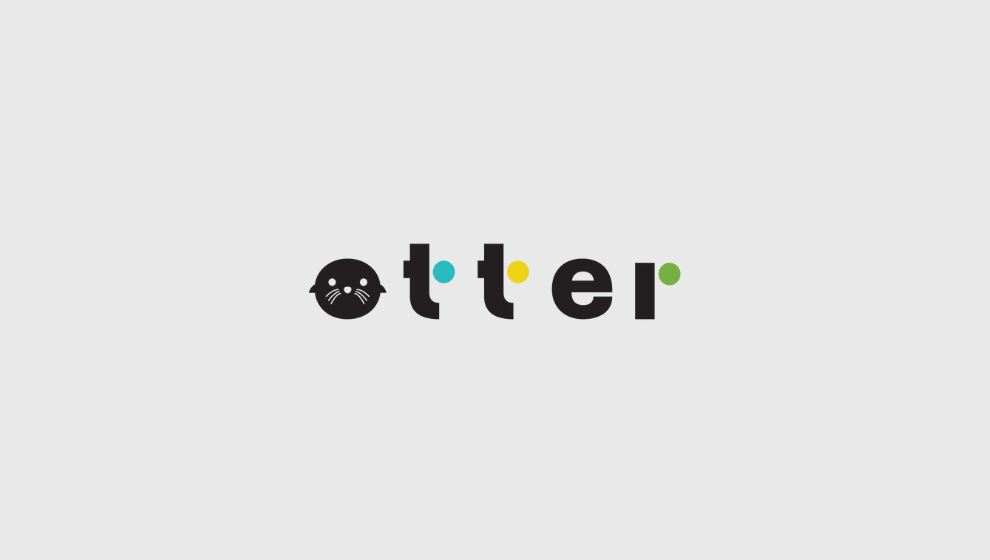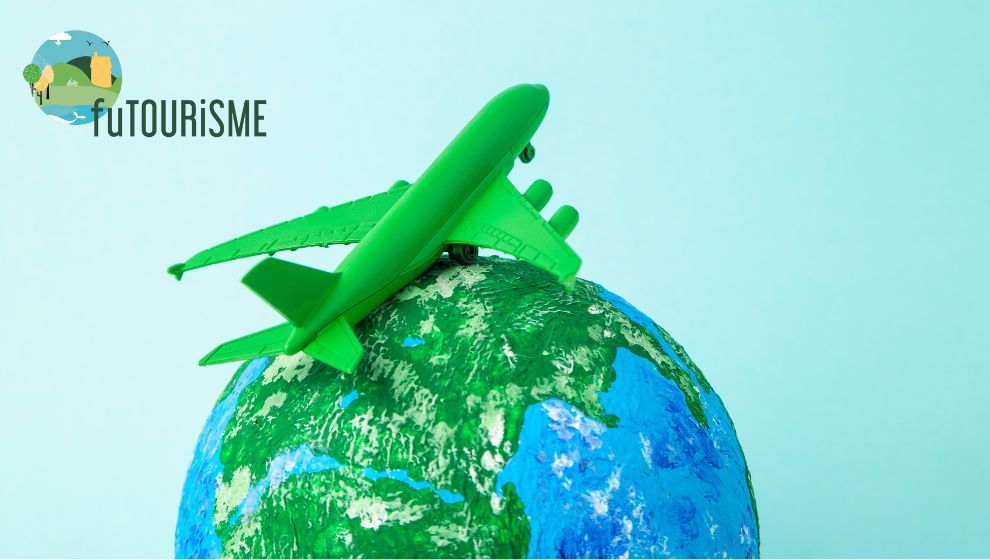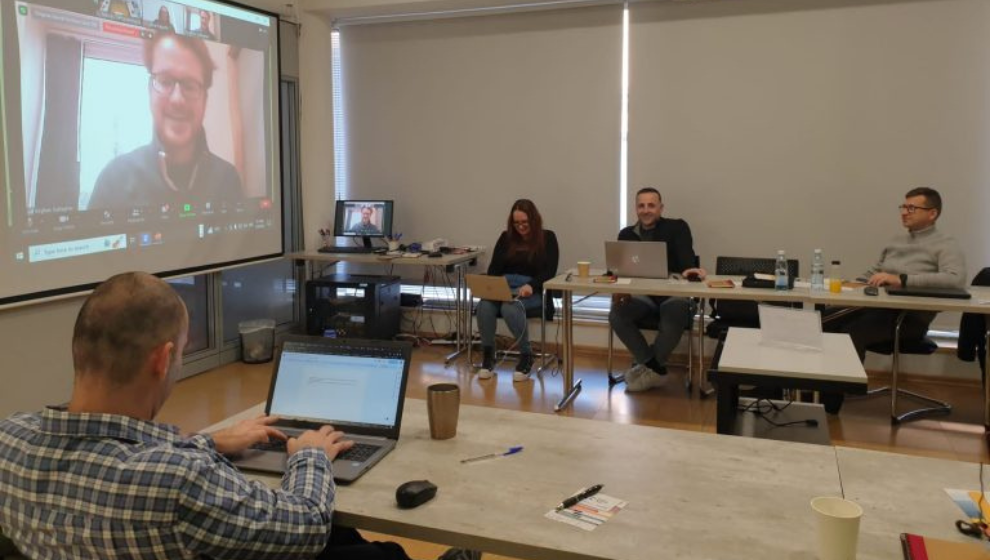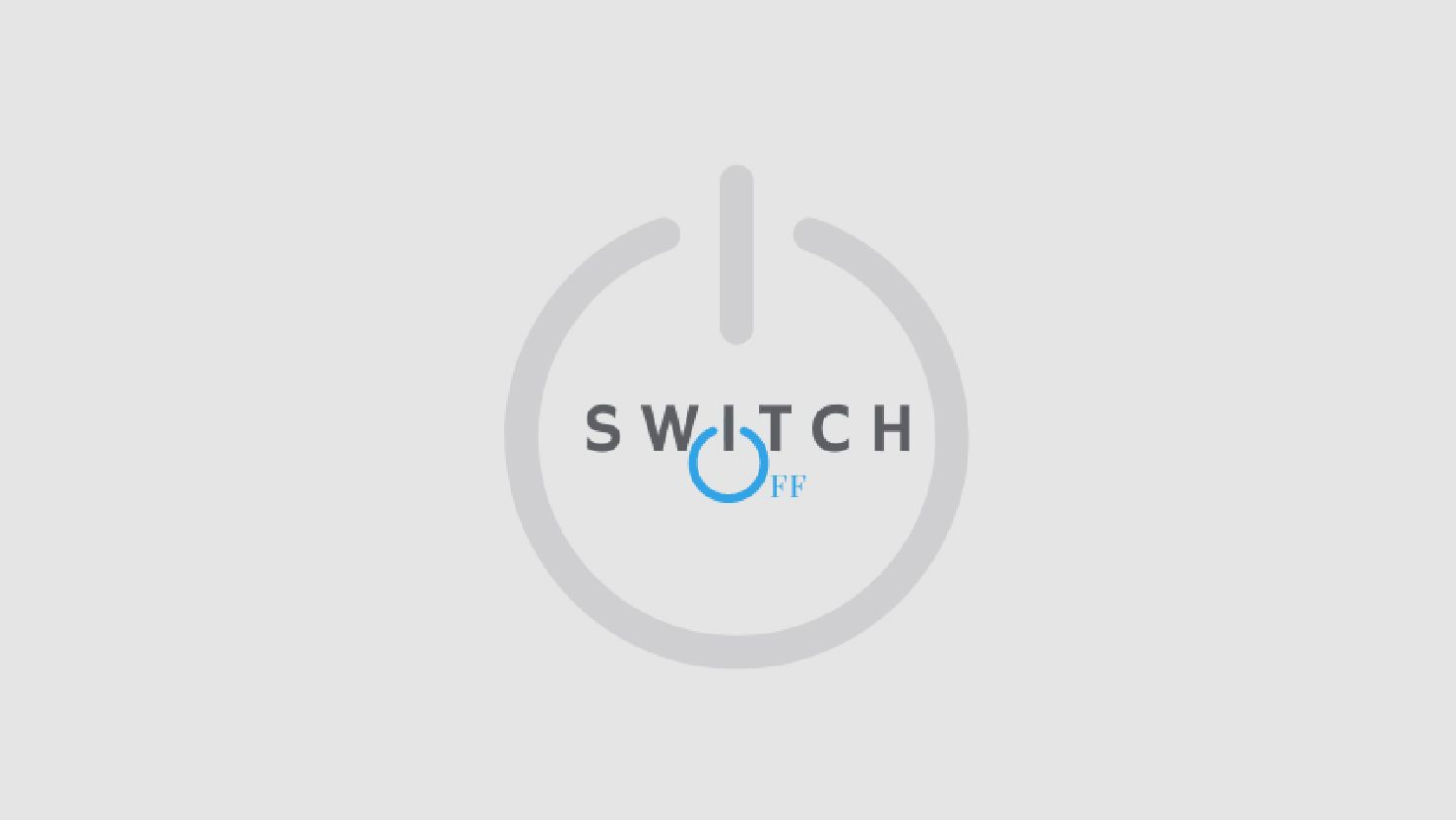By Katerina Panagi
In an ever-evolving global landscape, the role of youth in shaping the future has become increasingly significant (World Bank, 2019). The paradigm of leadership is shifting towards a more inclusive and dynamic approach, with young leaders emerging as catalysts for change. “Leaders of Tomorrow: Youth Leadership in Peacebuilding and Social Change” encapsulates the essence of how the younger generation is actively contributing to creating a more peaceful and equitable world.
The Changing Face of Leadership:
Traditional notions of leadership often associated age with experience and wisdom. However, the 21st century has witnessed a departure from this mindset, acknowledging the unique perspectives, energy, and innovation that young leaders bring to the table (Hassan, 2020). Today’s youth is stepping into leadership roles, not as mere successors but as pioneers with fresh ideas and a passion for positive transformation.
Youth as Agents of Peace:
One powerful case study illustrating the impact of youth in peacebuilding is the situation in Cyprus. The island nation has been divided since 1974, with a UN-patrolled buffer zone separating the Greek Cypriot south and the Turkish Cypriot north. Amidst this long-standing conflict, youth-led initiatives have emerged as ways of hope.
Young leaders in Cyprus, regardless of their ethnic background, are actively engaging in peacebuilding efforts. Organizations like the Cyprus Youth Council are bringing together young people from both sides of the divide, fostering dialogue, and promoting understanding. These initiatives leverage the power of youth to transcend historical grievances and work towards a shared vision of a united and peaceful Cyprus.
Winds of Change aims to give rise to the first bi-communal Cypriot sailing team to sail around the divided island together. The project creates an opportunity for young people from all over the island to come together and join a journey with a common purpose.
They highlight the use of sport as a powerful peace catalyst. Winds of Change wants to challenge, empower, and inspire young people to connect and to build peace together. Their project fosters mutual understanding, celebrates diversity and promotes the sense of belonging to a common team with a common vision.
Social Change and Activism:
The digital age has given rise to a new era of activism, with youth at the forefront of social change movements. From climate change to gender equality, young leaders are unapologetically advocating for a better world (Thunberg, 2019). The power of social media has enabled them to mobilize large audiences, raising awareness and demanding action from governments and institutions.
In addition to online activism, youth-led organizations in Cyprus are actively involved in on-the-ground initiatives. Whether it’s community development, education reform, or healthcare advocacy, young leaders are demonstrating their commitment to creating a more just and equitable society, even in the midst of a divided nation.
Challenges and Opportunities:
While youth leadership in peacebuilding and social change is gaining momentum, it is not without its challenges. Limited access to resources, lack of representation, and scepticism from older generations can hinder the efforts of young leaders (United Nations, 2020). However, these challenges are not deterring the youth, who view them as opportunities to innovate and collaborate.
Governments, institutions, and older generations must recognize the potential of youth leaders and provide the necessary support and platforms for their initiatives. Mentorship programs, funding opportunities, and inclusive policies can empower young leaders to maximise their impact and contribute to sustainable change (International Labour Organization, 2017).
The leaders of tomorrow are not waiting for the future; they are actively shaping it. Youth leadership in peacebuilding and social change is a testament to the resilience, creativity, and determination of the younger generation. The case of Cyprus highlights how young leaders can play a pivotal role in bridging divides and fostering peace even in the most challenging circumstances. As we navigate the complexities of our world, it is crucial to amplify the voices of these young leaders, acknowledging their contributions and fostering an environment where their visions for a better future can flourish. The future is in capable hands – the hands of the Leaders of Tomorrow.
References:
- World Bank. (2019). Youth, Peace, and Security: A Global Progress Study.
- Hassan, R. (2020). Youth Leadership in the 21st Century: A Paradigm Shift. Journal of Leadership Studies, 7(2), 112-129.
- Thunberg, G. (2019). No One Is Too Small to Make a Difference. Penguin Books.
- United Nations. (2020). World Youth Report 2020: Youth Social Entrepreneurship and the 2030 Agenda.
- International Labour Organization. (2017). Global Employment Trends for Youth 2017: Paths to a Better Working Future.

